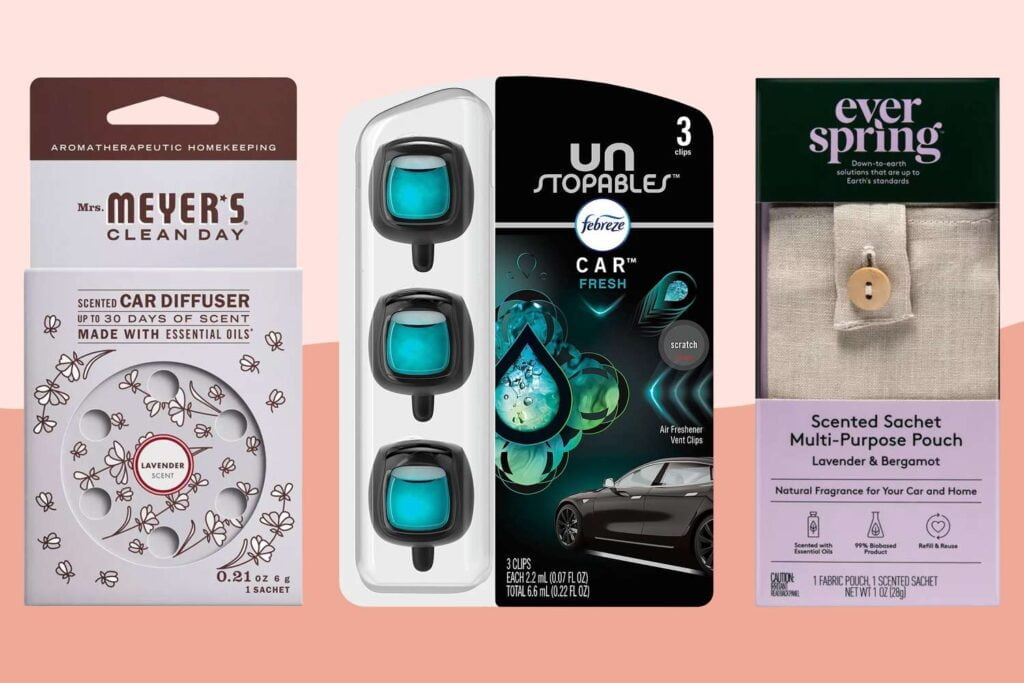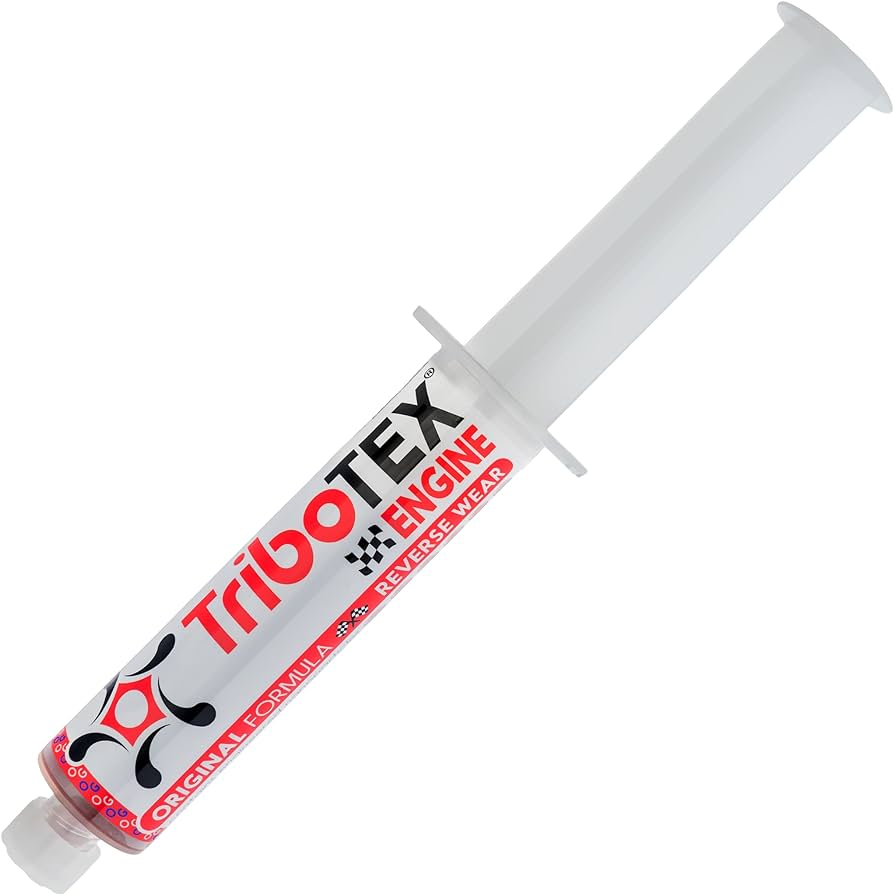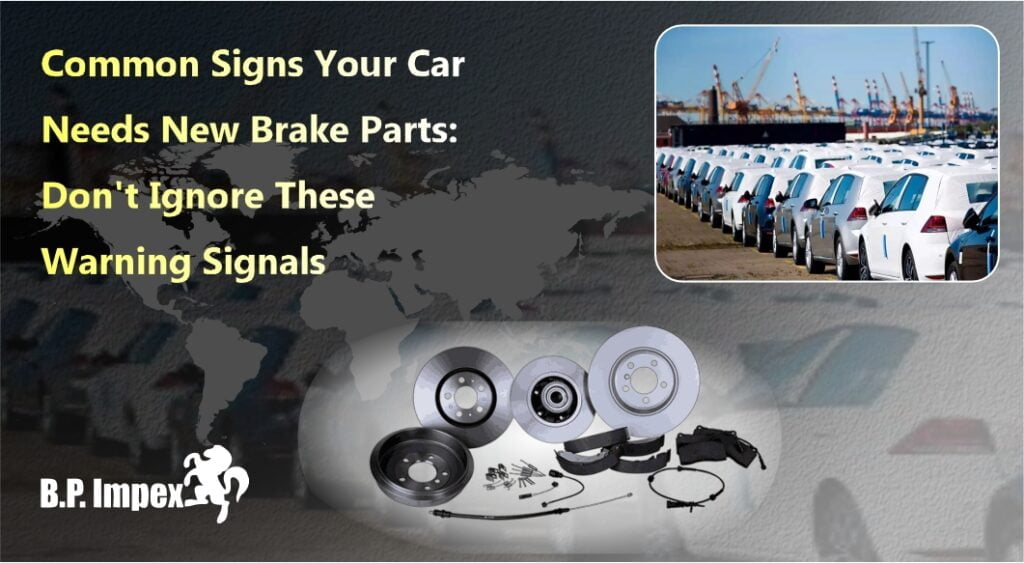How to Keep New Car Smell: Expert Tips for Long-Lasting Freshness
To keep the new car smell, remove any trash or clutter, vacuum the upholstery and floorboards, and wash soft surfaces with a specialized cleaning product safe for your car’s interior. Preserving the intoxicating scent of a new car is a desire many car owners share. There’s nothing quite like that fresh aroma that fills the air when you first step into a brand new vehicle. However, over time, that new car smell can start to fade. Fortunately, there are simple steps you can take to maintain that delightful fragrance and keep your car smelling like it just rolled off the showroom floor. We will explore effective techniques to ensure the longevity of the new car smell, allowing you to enjoy that invigorating experience every time you enter your vehicle. So, let’s dive in and discover how to keep the new car smell for as long as possible. Understanding The New Car Smell Discover the secrets to keeping that coveted new car smell for longer. Remove any trash or clutter, vacuum upholstery and floorboards, and wash soft surfaces with a specialized cleaning product to eliminate odor-causing particles. What Causes The New Car Smell? The new car smell is something that many people adore about their newly purchased vehicles. It gives a sense of freshness and adds to the overall experience of driving a brand new car. But have you ever wondered what exactly causes this distinctive scent? When it comes to the new car smell, it is important to understand that it is not just a single aroma but a combination of chemicals released by various car interior features. These chemicals are known as volatile organic compounds (VOCs) and are responsible for producing the familiar scent. Exploring The Chemicals Responsible For The Scent Now let’s take a closer look at the chemicals that contribute to the new car smell. These chemicals can be found in various parts of the car, including: Chemical Source Benzene Carpeting and upholstery Toluene Adhesives and solvents used in car manufacturing Formaldehyde Plastic and synthetic materials Xylene Carpeting and paint These chemicals release VOCs into the air, creating the unique scent that we associate with new cars. It’s important to note that exposure to high levels of VOCs for prolonged periods can have harmful effects on human health. Therefore, it’s essential to maintain good ventilation inside your car to ensure a healthy driving environment. If you’re concerned about the potential health risks associated with VOCs, there are steps you can take to minimize their effects: Keep your car well-ventilated by opening windows or using the air conditioning system. Avoid eating in the car to prevent food odors from mixing with the new car smell. Regularly clean your air vents to prevent the buildup of dust and other particles. Consider using an air freshener specifically designed for cars to mask any unwanted odors. Use baking soda or fabric fresheners to absorb and neutralize any lingering smells. Regularly clean the air conditioning system to prevent the growth of bacteria and mold. Alternatively, you can use essential oils to add a pleasant scent to your car without the use of chemicals. By understanding the chemicals responsible for the new car smell and taking appropriate measures to control and minimize their effects, you can enjoy the fresh and pleasant scent in your car while ensuring a healthy driving environment for yourself and your passengers. Removing Odors: Preparing Your Car If you want to maintain that delightful new car smell, it’s important to take the necessary steps to remove any unpleasant odors from your vehicle. One of the first things you should do is prepare your car by clearing out any trash and unnecessary items, as well as vacuuming the upholstery and floorboards to ensure a fresh and clean interior. Clearing Out Trash And Unnecessary Items Start by removing any trash that may have accumulated in your car. This includes empty water bottles, food wrappers, and any other items that are cluttering your space. Additionally, take a look around and get rid of any unnecessary items that are taking up space, such as old receipts, extra clothing, or toys. Decluttering your car will not only help to eliminate odors but also create a more organized and pleasant driving experience. Vacuuming The Upholstery And Floorboards To get rid of odor-causing particles, it’s essential to thoroughly vacuum both the upholstery and floorboards of your car. This will help remove any dirt, crumbs, or other debris that may be contributing to unpleasant smells. Use the appropriate attachments for your vacuum cleaner to ensure a deep clean, reaching into corners and under seats where dirt often accumulates. Take your time and be thorough, focusing on all the surfaces that need attention. Note: When vacuuming, consider using a car-specific cleaning product or scented vacuum beads to add a pleasant fragrance to your car’s interior. By following these steps to prepare your car and remove odors, you’ll be on your way to enjoying a fresh and inviting driving environment. With a clean and pleasant-smelling car, you can preserve that coveted new car smell for longer periods of time. Cleaning Soft Surfaces Discover the secrets to keeping the coveted new car smell in your vehicle. Remove odor-causing particles by vacuuming the upholstery and floorboards, and use a specialized cleaning product to wash the soft surfaces in your car. Say goodbye to that musty smell and enjoy the freshness of a new car for longer. Using Specialized Cleaning Products For Car Interiors When it comes to keeping the new car smell intact, it’s essential to pay attention to cleaning the soft surfaces in your car. These surfaces, such as the upholstery, floor mats, and even the ceiling, can absorb odors and impact the overall freshness of your vehicle. To effectively clean and maintain these soft surfaces, it’s crucial to use specialized cleaning products that are safe for the interior of your car. These products are designed to eliminate odors and restore the freshness of the materials without causing any
How to Keep New Car Smell: Expert Tips for Long-Lasting Freshness Read More »



